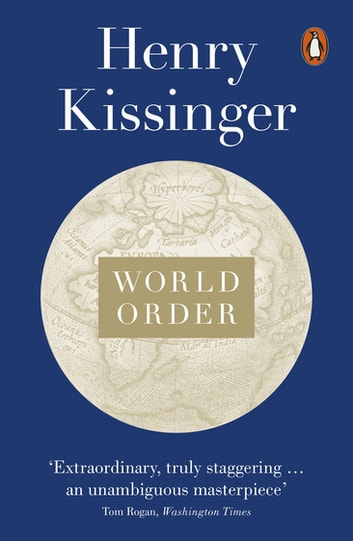
Henry Kissinger has always been a household name in the US, if not the world at large. His role as the former Secretary of State of President Richard Nixon and subsequently, the National Security Advisor of President Gerald Ford in the mid-1970s cemented his role as an icon of US foreign policy.
More importantly, Henry Kissinger actually took pains to plant some of his students and prodigies in and across the political system in the US, allowing Henry Kissinger to have regular and constant access to presidents since the days of John F Kennedy.
Abroad, Henry Kissinger was closest to the late Lee Kuan Yew, the former Prime Minister of Singapore. Not surprisingly, when Henry Kissinger wrote about the world order or even China, it often carried the heavy echo of Singapore. That the US is needed in the region; that some basic norms and rules of the international relations are required; that Asia’s 21st century is looking increasingly like the 19th century of Europe; an era marked by the rise of nationalism, only to have the latter inter-mix with liberalism..
What makes Kissinger worth listening to, however, especially on topics like “World Order,” is his understanding of the limitations at work. Kissinger knows that everything hinges on the balance of power between great powers. If one of them should turn revisionist, the balance would begin to erode. However, the notion of “balance of power” is a concept that has some eight different definitions and connotations.
Having a balancer in the midst of the balance of power is one; a bipolar system is also one shaped by a balance of power, though, one maintained by the balance of terror through mutually assured destruction (MAD); and more important it is a balance of power shaped by some semblance of common identity and values, without which the balance will not result in harmony. Some balance of power also involves the use of veto in the UN Security Council; though such a balance of power is invariably one based on the politics of trying to frustrate the plans of one another in order to create a stalemate.
Indeed, Kissinger once asked if international law was real? By that he meant, which superpower would actually take pains to comply to the letter and the spirit of international law, unless the legal templates first suit the superpower’s own interest first.
In “World Order,” Henry Kissinger, laments the lack of “any central principle in the global international system”; what realists called the anarchical international system. More importantly, the world has descended into a collection of more than 200 states after the end of the empires in the mid-1940s. To the degree the US abjures the need to be an imperial power, which it does in no uncertain degree, only to be thrust back into the vortex of international relations time and again, as when Russia and China attempt to reassert their preponderance, the world order has often seen a grand contest of their respective political wills.
“World Order” is unique in one sense, though. Henry Kissinger believes that at the very least the key powers have to either agree to disagree or disagree agreeably, without which the nuclear munitions they possess by the tens of thousands, can in a short period of time, obliterate the world. By this token, Henry Kissinger, in his late 80s, has become a realist-constructivist, not merely a structural realist, who believes in equal balancing between all powers, like the Congress of Vienna that formed the basis of his Ph.D. thesis at Harvard university soon after he returned from World War II.
